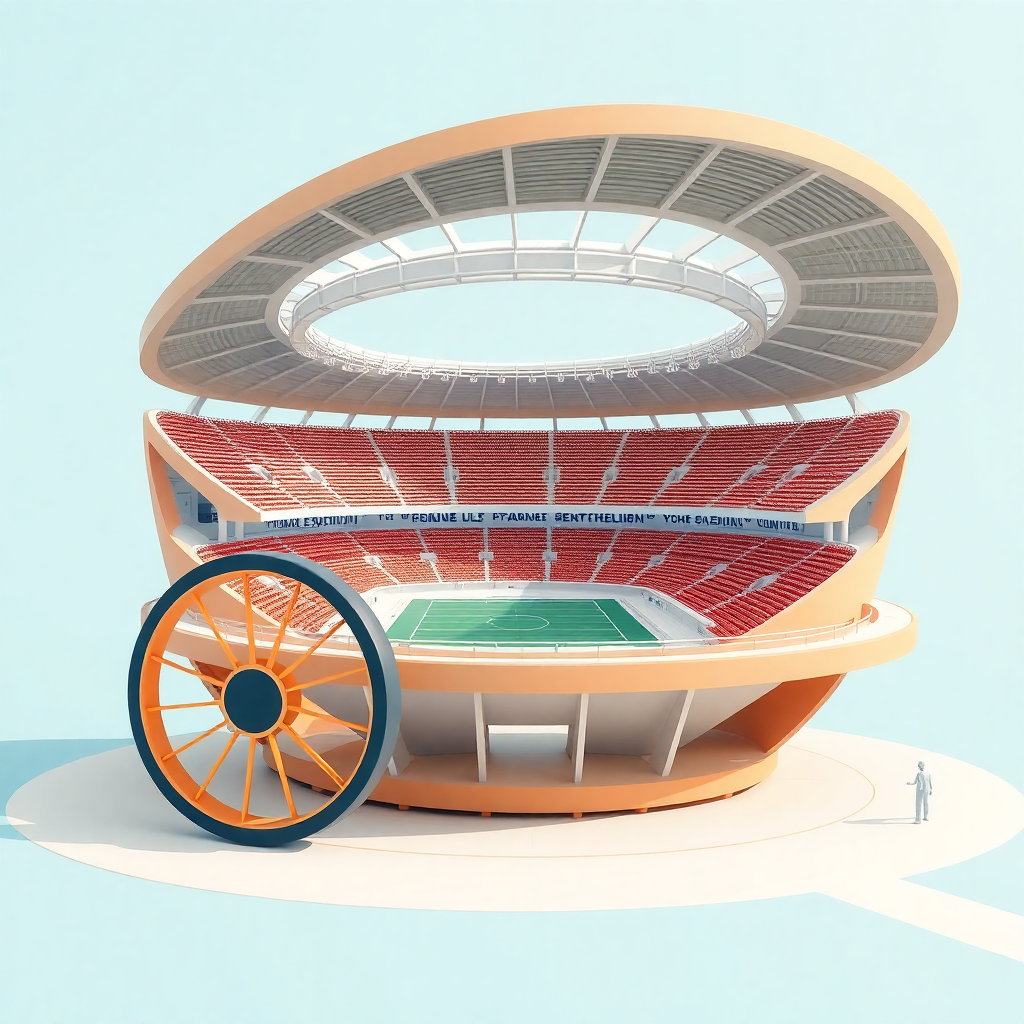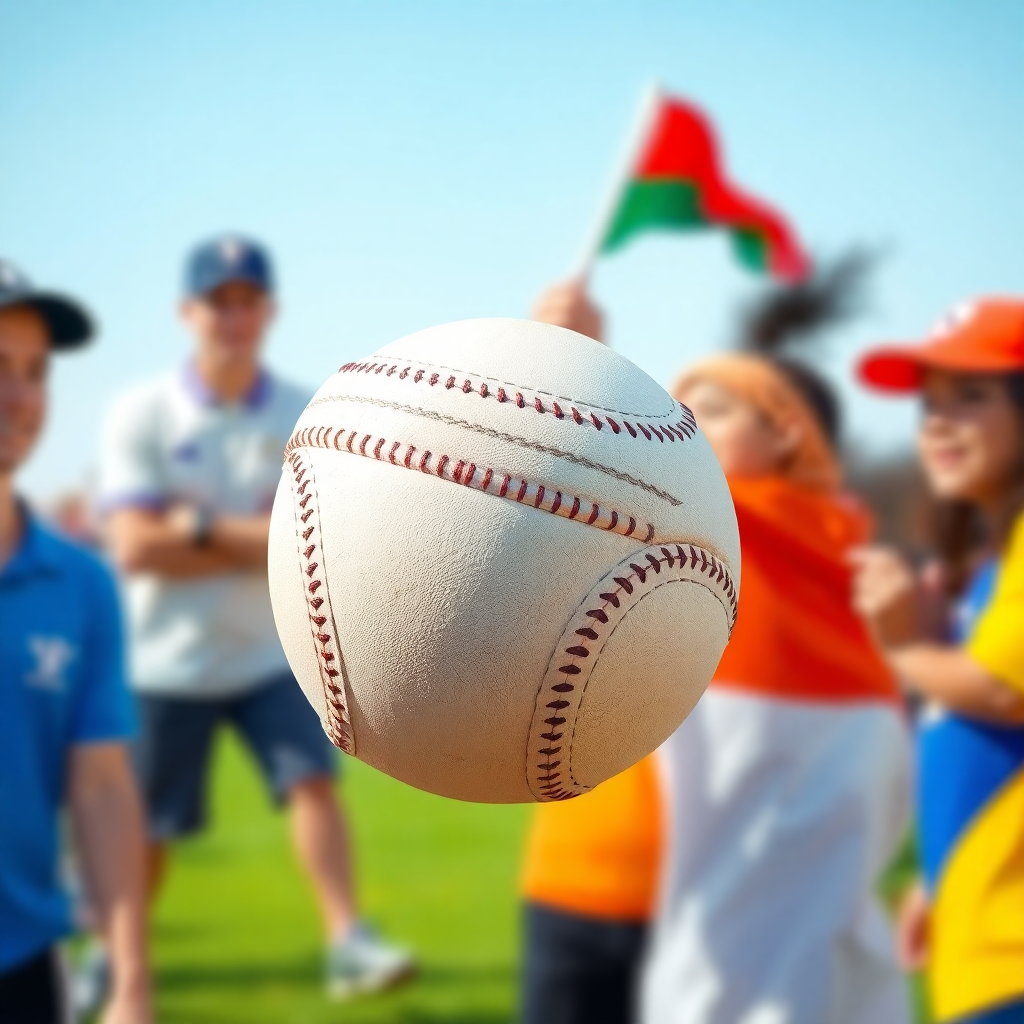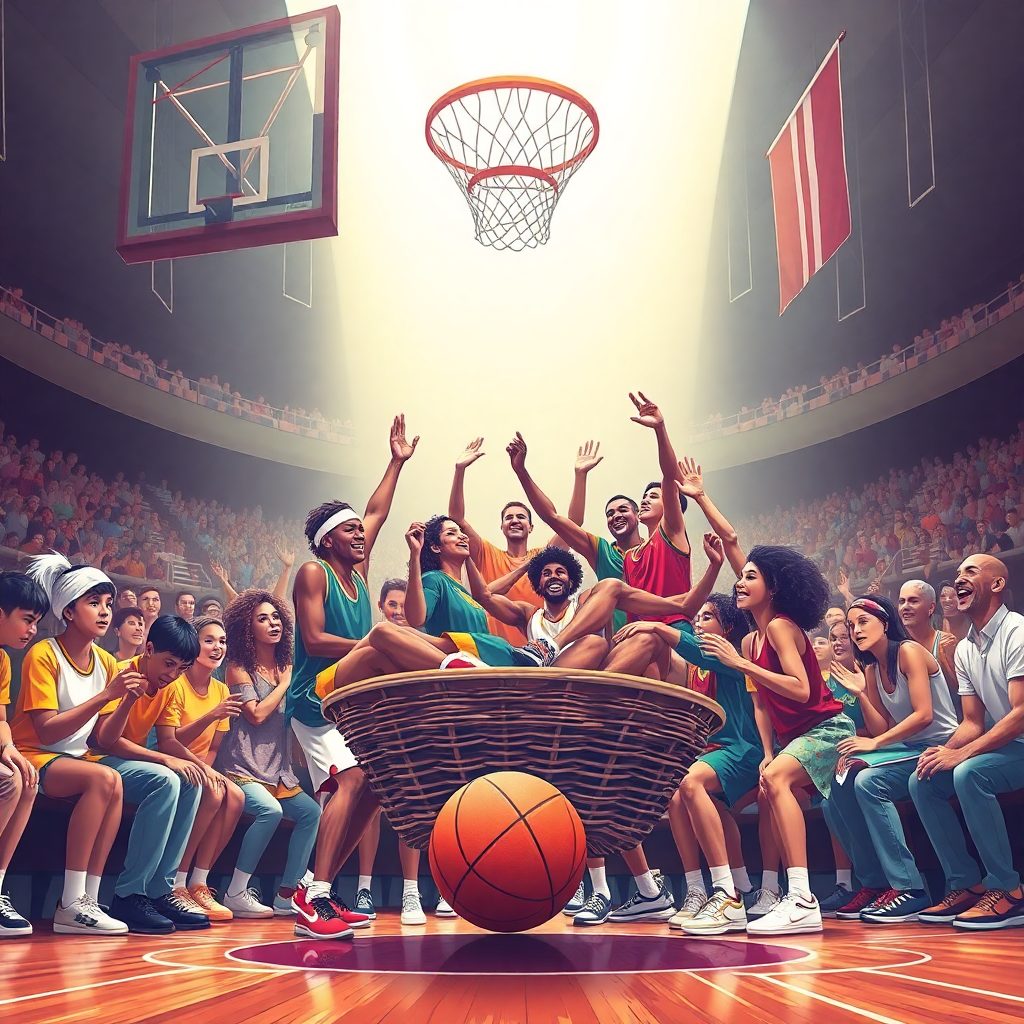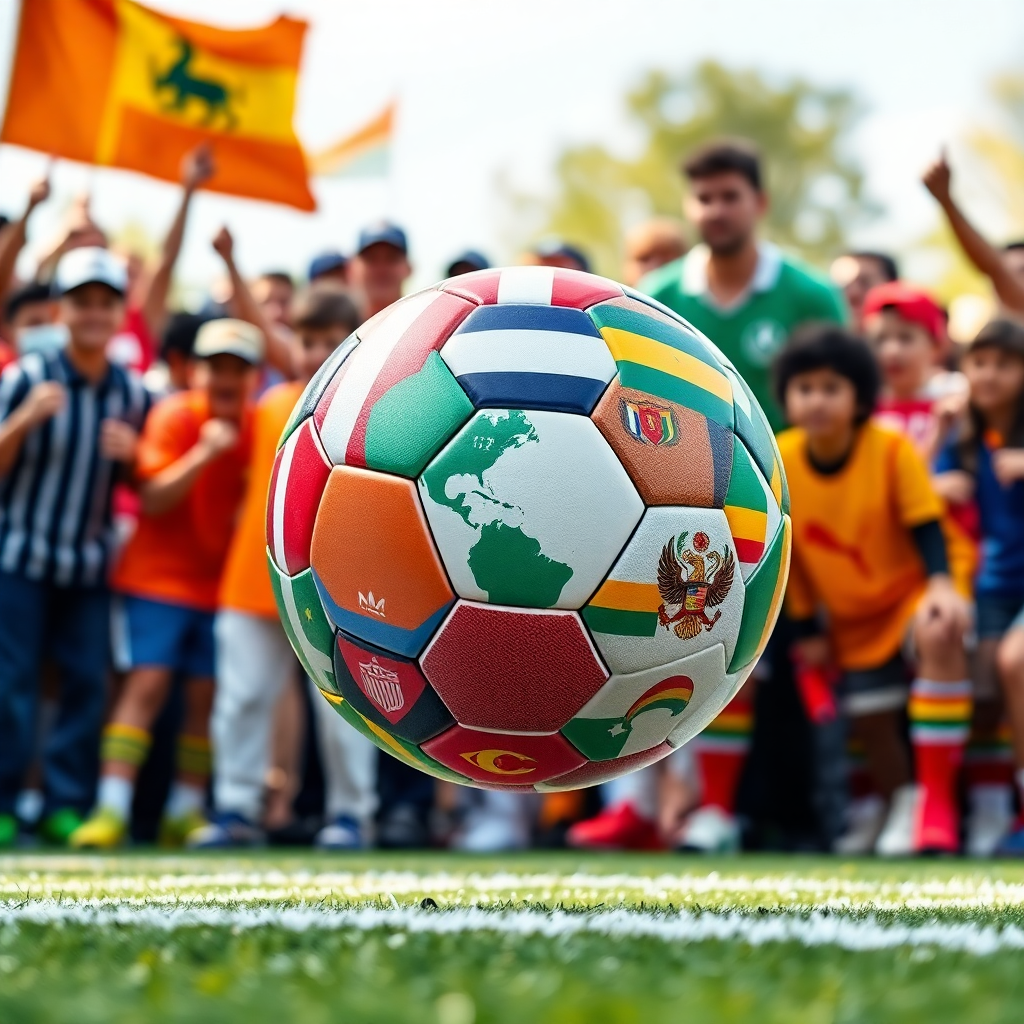The Power of Sports
Why It Matters for Both Players and Fans
Sports are more than just games—they are a powerful force that unites people, fosters personal growth, and shapes communities. Whether you’re an athlete pushing physical limits or a fan cheering from the stands, sports create a deep emotional and cultural impact. But why are sports so significant, not just for the players who dedicate their lives to them, but also for the millions of fans worldwide who passionately follow and support their favorite teams and athletes? The answer lies in the powerful connections, values, and experiences that sports bring to individuals and society.

The Role of Sports in Personal Development
Building Discipline and Resilience
Athletes learn discipline through rigorous training, dedication, and persistence. Facing challenges—whether it’s a tough opponent or a personal setback—builds resilience. The ability to bounce back from failure and push forward is a valuable skill that extends beyond the field.
Fostering Teamwork and Leadership
Sports instill crucial social skills like collaboration and leadership. Whether playing on a team or competing individually, athletes learn to communicate, strategize, and support one another. These skills translate into life beyond sports, enhancing career opportunities and personal relationships.

Sports and Physical & Mental Well-Being
Physical Fitness and Health Benefits
Engaging in sports promotes physical fitness, reducing the risk of diseases such as obesity, heart conditions, and diabetes. Regular activity strengthens muscles, improves endurance, and enhances overall well-being.
Mental Health and Stress Relief
Sports have a profound impact on mental health. Exercise releases endorphins, which boost mood and reduce stress. The focus required in sports helps individuals manage anxiety, increase confidence, and cultivate a positive mindset.
The Emotional Connection Fans Have with Sports
Shared Passion and Identity
Supporting a team builds a sense of identity and belonging. Whether it’s wearing jerseys, attending games, or engaging in heated discussions, fans feel deeply connected to their teams.
The Thrill
Sports evoke strong emotions. The joy of seeing your team win and the devastation of a loss create unforgettable moments. These highs and lows mirror life, teaching fans resilience, hope, and appreciation for hard work.

Sports as a Cultural and Social Phenomenon
Bringing Communities Together
Sports unite people across backgrounds, cultures, and borders. Major sporting events like the Olympics, World Cup, and Super Bowl bring millions together, fostering a collective sense of pride and excitement.
Impact on Social Movements and Awareness
Sports have historically played a role in activism. Athletes use their platforms to promote social change, challenge injustices, and raise awareness for important issues. From advocating equality to standing against discrimination, sports serve as a powerful medium for societal progress.
Economic and Global Impact of Sports
Sports as a Billion-Dollar Industry
The sports industry generates billions of dollars annually, creating jobs and boosting local economies. From merchandise sales to sponsorships, sports influence markets worldwide.
Tourism and International Relations
Major sporting events attract global audiences, strengthening cultural exchanges and diplomacy. Countries invest heavily in sports infrastructure to host international tournaments, showcasing their nation’s strengths on a global scale.
The Lifelong Influence of Sports
Sports as a Bond Between Generations
Sports connect families and generations. Parents pass down love for a team, inspiring children to play or support the same clubs. Watching and playing sports together strengthens family ties and traditions.
The Legacy of Sports Legends
Athletes become role models, inspiring future generations. Their dedication, perseverance, and achievements leave lasting impressions that motivate young athletes to dream big and push their limits.
The Psychology of Sports Fandom
Why Fans Feel Connected
Studies show that watching sports triggers an emotional response similar to participating in the game. The highs and lows create a psychological attachment to teams and players, deepening the emotional investment.
How Sports Build Social Bonds
Being a fan is about more than just the sport itself—it’s about sharing moments with family, friends, and fellow supporters. Sports create social networks, strengthening personal relationships and fostering community spirit.

Sports and National Identity
How Teams Represent Nations
National teams serve as symbols of pride and unity. Watching a country compete on the global stage evokes patriotism, strengthening national identity through shared success.
Sporting Events That Define Generations
Historic moments in sports, such as Olympic victories or championship wins, define eras and create cultural milestones. These events are remembered for generations, shaping collective memory and pride.
The Future of Sports and Fan Engagement
The Role of Technology in Sports
Advancements in technology—such as virtual reality, AI-driven analytics, and digital fan experiences—are transforming the way both players and fans engage with sports.
The Changing Landscape of Fan Involvement
Social media and streaming platforms allow fans to interact with players, follow games in real-time, and engage in sports discussions from anywhere in the world. The future of sports fandom is more dynamic than ever.
Conclusion
Sports are far more than competition—they shape lives, create communities, and spark powerful emotions. Players experience personal growth, physical strength, and mental resilience, while fans find passion, unity, and identity. Whether on the field or in the stands, sports bring people together, inspire change, and leave a lasting impact that transcends the final whistle.
Join the Conversation!
What’s your favorite sport, and how has it influenced your life?




2 thoughts on “The Magical Passion Of Fans And Players Alike”